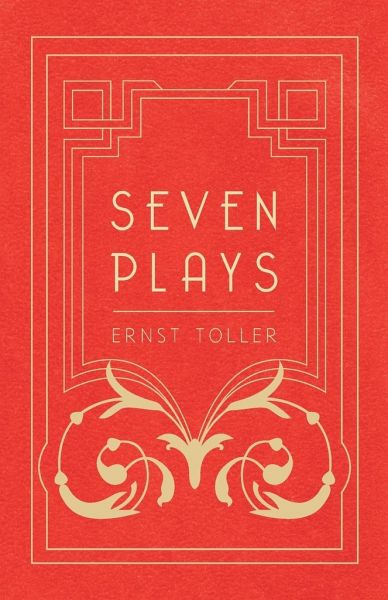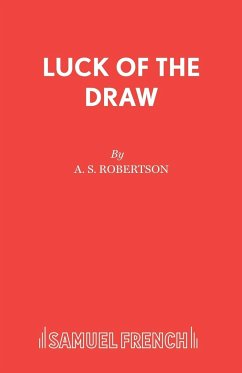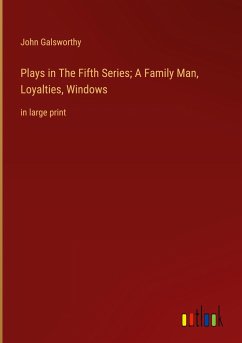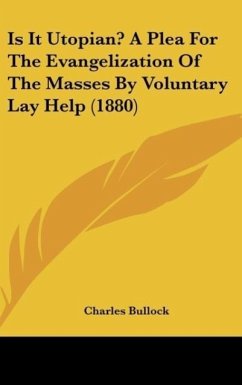Ernst¿Toller was a playwright, born in the Province of Posen in 1893, then part of Prussia, today under Polish dominion. Upon hearing of the outbreak of World War I in 1914, Ernst Toller, who had been studying law in Grenoble, rushed home to enlist in the Kaiser's army. But after witnessing the horrors of war firsthand, getting seriously wounded, and suffering a complete physical and psychological collapse, he was disabused of his youthful nationalist political leanings and embraced revolutionary change. In 1919 he joined the leadership of the short-lived Bavarian Soviet Republic in Munich, serving six days as its president, before being captured, tried for treason, and sentenced to five years in prison. Toller applied the imposed "leisure" of his incarceration in the German prison Niederschönenfeld, 1921-1922, to the completion of several of his best known plays, including Hinkemann, establishing his reputation as one of the foremost young German dramatists at a time when Bertolt Brecht was still a virtual unknown. It was, however, only following his release from prison in 1925 that he got to see his plays performed. Conceived in the German theatrical tradition of Jakob Michael Reinhold Lenz's Die Soldaten (The Soldiers) and Georg Büchner's Woyzeck, Toller's devastating tragedy Hinkemann is a painfully poetic plaidoyer for the overlooked vision and voice of the victim. Given his notoriety, his Jewish ancestry, political position, and avant-garde artistic stance made him an immediate high profile persona non grata in 1933 when the Nazis came to power. Toller fled to London, went on a lecture tour to the U.S. in 1936, and tried to make a go of it in Los Angeles, where he took an unsuccessful stab at screenwriting. Moving to New York City, he joined a group of like-minded literary émigrés, including Klaus and Erika Mann, the son and daughter of Thomas Mann, both writers in their own right. Though two of his plays were staged in English, they were not well received. Dispirited, despondent upon learning that his brother and sister had been sent to a concentration camp, and convinced that the world as he knew it had succumbed to the forces of darkness, Toller was found dead by hanging, a presumed suicide, in Manhattan in his room at the Hotel Mayflower.















